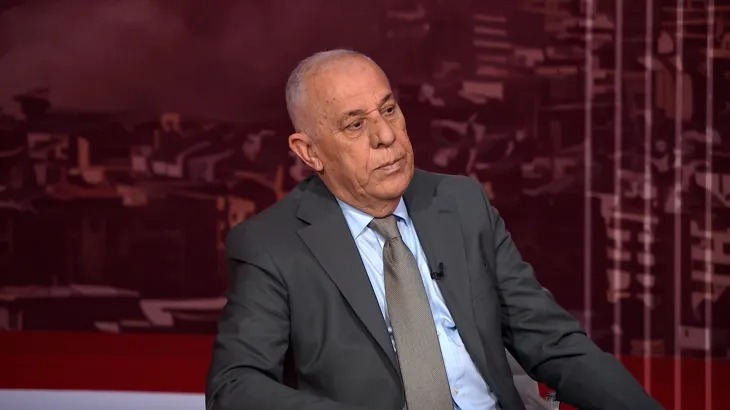Avi Shlaim: ‘I am proud of my Arab heritage and proud of my Jewish heritage’
Editor’s Note: On the first anniversary of the bloody 7 October, 2023, I reprint the story I wrote on Professor Avi Shlaim that was scribbled early this year and published in countercurrents. Avi Shlaim is an eminent Israeli-British historian and international relations expert at Oxford University in the UK with many books on the Arab-Israeli conflict. He is part of what is called the “New Historians” who sought to provide a critical analysis of the prevailing Israeli view claiming Palestinians left their land of their own free will and were not forced out in 1948 as Israel was created.
In the light of Israel’s latest genocide in Gaza, he provides what he calls a “personal commentary” of his views as a Jewish Arab and on the current Netanyahu government.
“I am an Arab Jew. I was born in Baghdad and I grew up in Israel. My Iraqi birth certificate gives my name as Ibrahim. So, I am the real Ibrahim Al Baghdadi. The other chap is a fake. He stole my Identity,” he says in a mirthful manner.
Baghdad
“I am proud of my Arab heritage and I am equally proud of my Jewish heritage. The three pillars of Judaism are truth, justice and peace,” the historian, who left Baghdad at the age of five in 1950, emphasizes.
“The Netanyahu government is the opposite of these core Jewish values,” adding “it is the most aggressive, expansionist, overtly racist and Jewish supremacist government in Israel’s history,” Shlaim maintains.
“The essence of Judaism is non-violence.” The present government is the anthesis of this non-violence,” he laments.
“As a Jew and an Israeli, I therefore feel that I have a moral duty to denounce Zionist-settler colonialism and American imperialism and to stand by the Palestinians in the anti-colonial struggle, in the just struggle to live in peace and dignity in their own land,” he concludes.

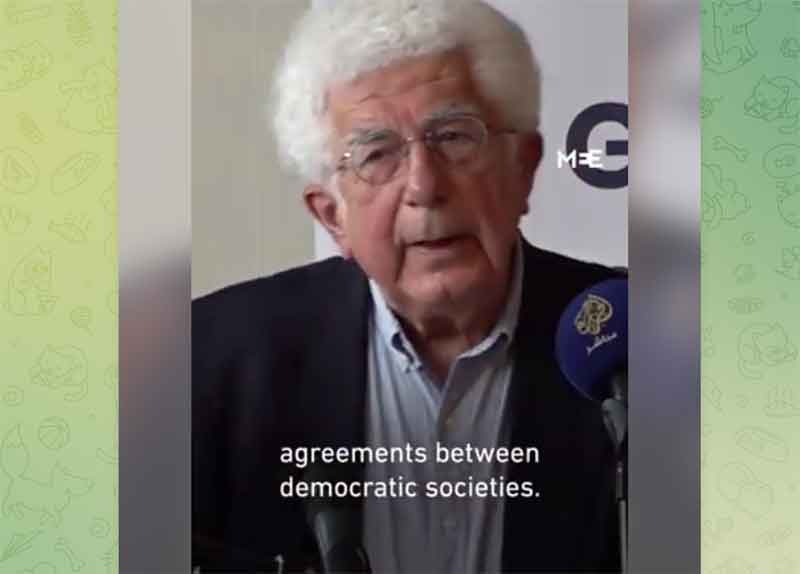
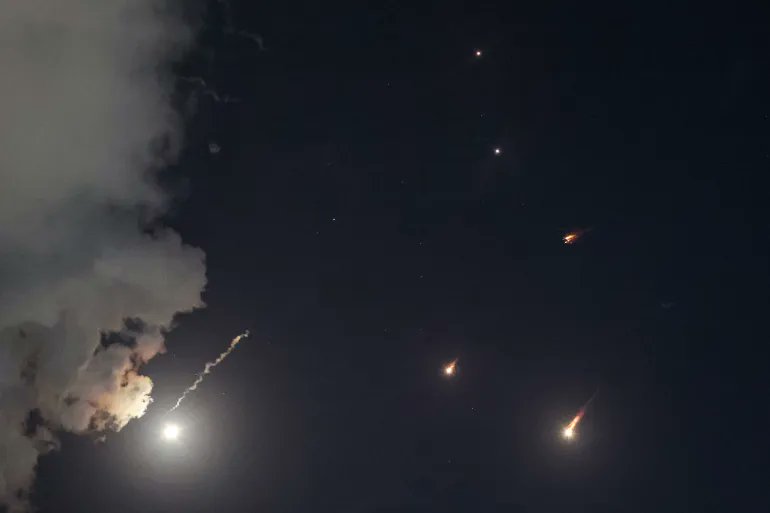

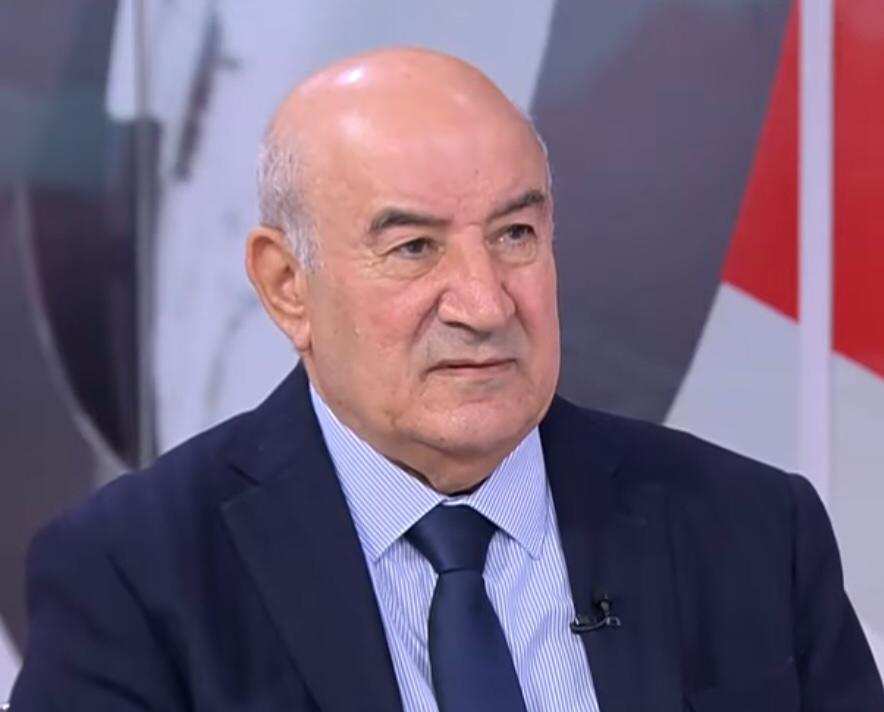
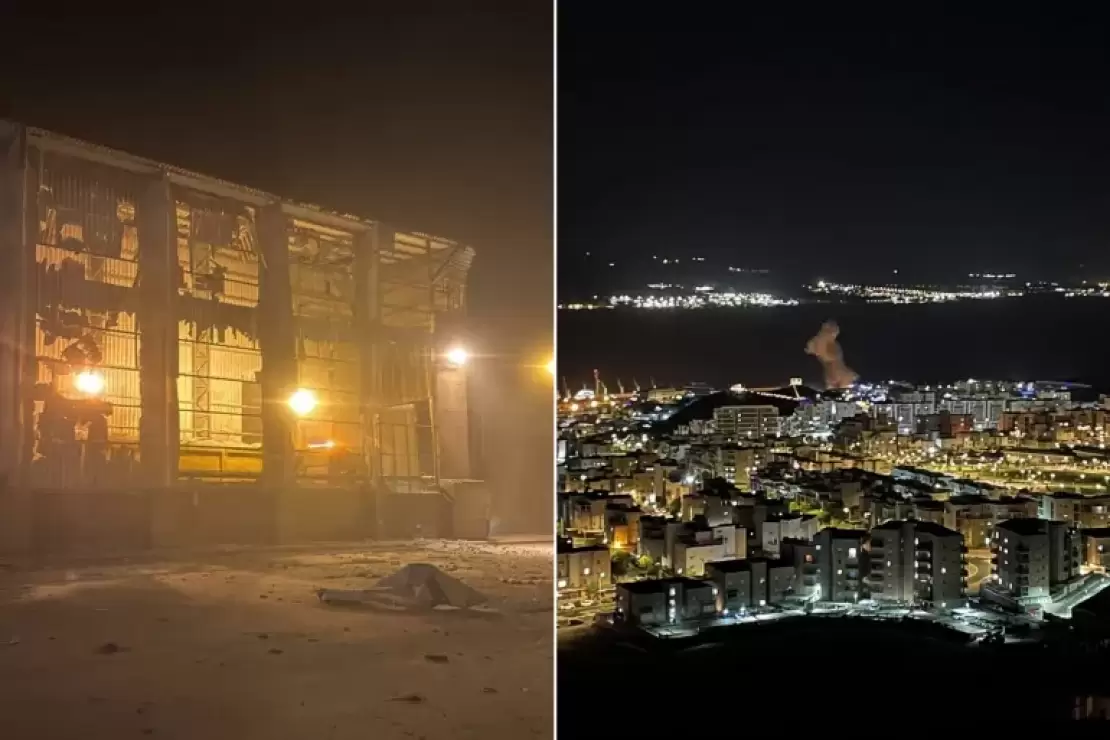
 Important developments today:
Important developments today: Hezbollah unveiled Qader-1 ballistic missile with 500kg warhead
Hezbollah unveiled Qader-1 ballistic missile with 500kg warhead Iraqi resistance successfully hit Eilat port with a Shahid-131 drone
Iraqi resistance successfully hit Eilat port with a Shahid-131 drone Safad came under heavy fire from Hezbollah
Safad came under heavy fire from Hezbollah Hezbollah tries to evacuate Haifa port with multiple attacks
Hezbollah tries to evacuate Haifa port with multiple attacks 